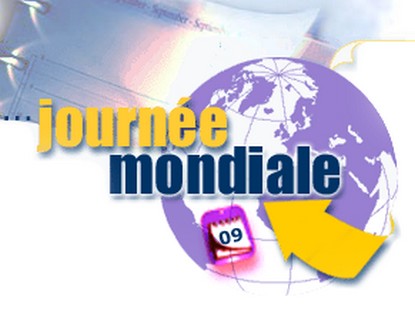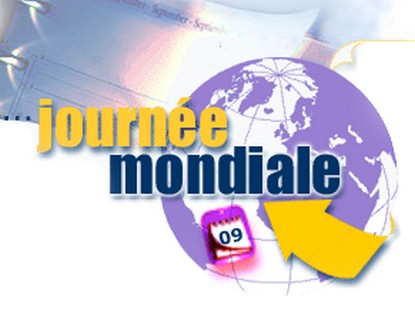 On December 9, the International Anti-Corruption Day marks the anniversary of the 2003 signing of the United Nations Convention against Corruption (UNCAC). The French system of transparency and integrity: TI France will release on December 8, the eve of the International Anti-Corruption Day, an unprecedented report on corruption in France: the French system of transparency and integrity.
On December 9, the International Anti-Corruption Day marks the anniversary of the 2003 signing of the United Nations Convention against Corruption (UNCAC). The French system of transparency and integrity: TI France will release on December 8, the eve of the International Anti-Corruption Day, an unprecedented report on corruption in France: the French system of transparency and integrity.
During this conference, Transparency International France will present its new report which constitutes the French part of a European-wide study.
The “National Integrity System” (“NIS” in its English acronym, for National Integrity System) report provides a particularly detailed overview of the institutions and laws that play a role in the French system for combating corruption. By evaluating the reality of the action and effectiveness of these institutions through the study of 13 pillars (Parliament, Executive, Companies, Civil society, etc.), the study identifies priority areas for action and recommendations.
Similar projects, carried out thanks to funding from the European Commission, are being conducted simultaneously by 25 other sections of Transparency International in Europe, which will eventually allow for comparisons.
Corruption continues to affect too many countries around the world.
This is revealed by the 2011 Corruption Perceptions Index (CPI) published by Transparency International. It shows that some governments do not protect their citizens from corruption, whether it involves the diversion of public funds, bribery, or opaque decision-making processes.
As Transparency International has already emphasized, the protests organized around the world, often fueled by corruption and economic instability, reflect the exasperation of citizens who believe their leaders and public institutions are insufficiently transparent and accountable to them.
“This year, we have seen banners denouncing corruption held up by protestors, both rich and poor. Whether in European countries affected by the debt crisis or in Arab countries entering a new political era, leaders must heed these aspirations for better governance,” states Huguette Labelle, Chair of Transparency International.
Main findings of the 2011 Corruption Perceptions Index
The index evaluates 183 countries and territories from 0 (perceived as extremely corrupt) to 10 (perceived as very clean) based on the perceived level of corruption affecting their public administration and political class. It is calculated based on data from 17 surveys covering specific points, such as anti-corruption law enforcement, access to information, and conflicts of interest.
Two-thirds of the countries assessed score below 5.
New Zealand ranks first, followed by Finland and Denmark. Somalia and North Korea (included in the index for the first time) rank at the bottom of the list.
“2011 was a year of unstoppable momentum for more transparency, with citizens of the world calling for their governments to be accountable. The countries topping the CPI demonstrate that long-term efforts to improve transparency can be successful and benefit citizens if maintained,” comments Transparency International Executive Director Cobus de Swardt.
Most Arab Spring countries are ranked in the lower half of the index, with a score below 4. Before the Arab Spring, a Transparency International report dedicated to this region emphasized that nepotism, bribery, and clientelism were so deeply entrenched in everyday life that even existing anti-corruption laws had little effect.
The eurozone countries hit by the debt crisis, partially stemming from their authorities’ failure to prevent bribery and tax evasion, are among the EU countries with the lowest scores.
France remains in 25th place
France, with a score of 7 out of 10 (+0.2 points), maintains its 25th position, just behind the United States. It remains less well rated than many European states such as Denmark (2nd), the Netherlands (7th), Germany (14th), the United Kingdom (16th), or Belgium (19th), where the levels of integrity and transparency of the political class and public services are perceived as better ensured than in France.
The trial of the fictitious jobs in the city of Paris involving former President of the Republic Jacques Chirac, conflicts of interest in public life notably highlighted by the Mediator scandal, the Guérini affair or, also, the developments of the Karachi affair have most likely contributed to international observers continuing to have a degraded image of the French administration and political class.
According to Daniel Lebègue, president of TI France, “the ‘With transparency, democracy advances’ campaign and the proposals submitted by our association to the candidates in the 2012 presidential election appear more than ever essential, in view of the 2011 CPI results, to trigger a democratic surge in our country and restore the currently very degraded trust of our fellow citizens in their elected officials and institutions.”



